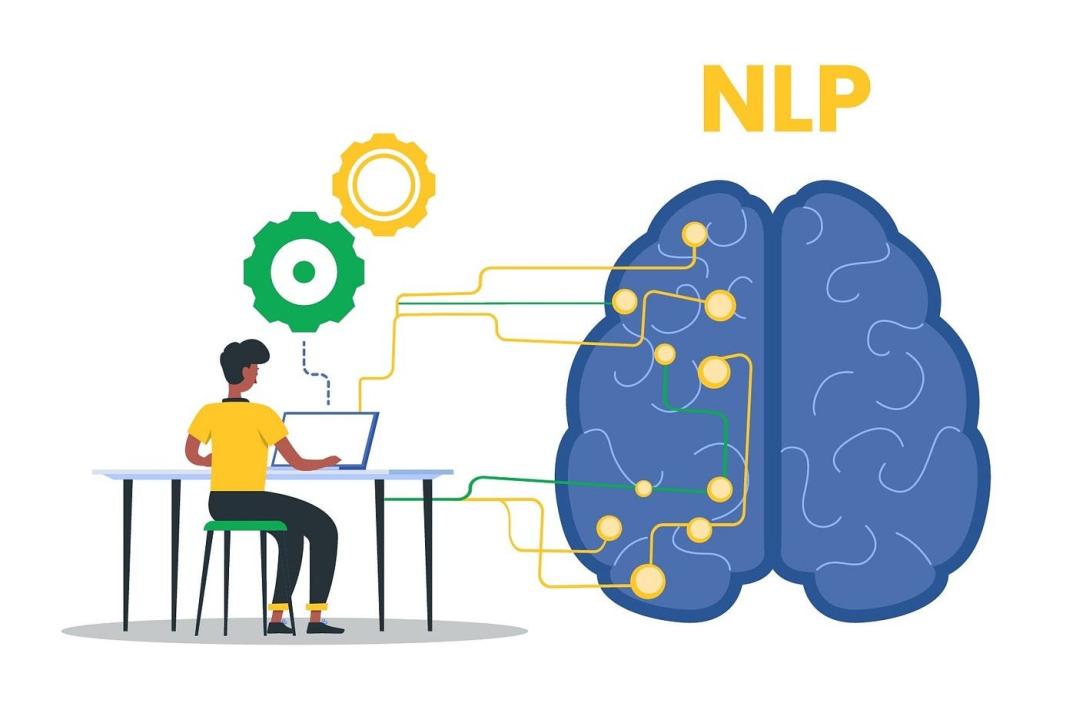What are the Potential Applications of Natural Language Processing in Healthcare?
Natural Language Processing (NLP) is a rapidly evolving field that has the potential to revolutionize the healthcare industry. NLP involves the use of computer algorithms to understand, interpret, and generate human language. This technology has a wide range of potential applications in healthcare, including clinical documentation, patient engagement, drug discovery and development, medical research, and healthcare policy and administration.

NLP Applications In Clinical Documentation
- Automated medical record summarization: NLP algorithms can be used to automatically extract and summarize key information from medical records, such as patient demographics, medical history, current medications, and test results. This can save clinicians time and improve the accuracy and completeness of medical records.
- Clinical decision support systems: NLP can be used to develop clinical decision support systems that provide clinicians with real-time guidance on diagnosis and treatment. These systems can help clinicians make more informed decisions, reduce errors, and improve patient outcomes.
- Data extraction and coding: NLP algorithms can be used to extract data from medical records and assign appropriate codes for billing and reimbursement purposes. This can streamline the coding process and reduce the risk of errors.
- Patient monitoring and triage: NLP can be used to develop systems that monitor patient data and identify patients who are at risk of developing complications. These systems can help clinicians prioritize care and ensure that patients receive the appropriate treatment in a timely manner.
NLP Applications In Patient Engagement
- Chatbots and virtual assistants: NLP-powered chatbots and virtual assistants can be used to provide patients with information and support 24/7. These tools can help patients manage their conditions, answer their questions, and schedule appointments.
- Personalized health information and education: NLP can be used to develop personalized health information and education materials for patients. These materials can be tailored to the patient's individual needs and preferences, making them more likely to be read and understood.
- Patient feedback analysis: NLP can be used to analyze patient feedback data and identify areas where healthcare providers can improve their services. This information can be used to make improvements to patient care and satisfaction.
- Medication adherence monitoring: NLP can be used to develop systems that monitor patients' medication adherence. These systems can help clinicians identify patients who are not taking their medications as prescribed and provide them with support to improve their adherence.
NLP Applications In Drug Discovery And Development
- Identification of new drug targets: NLP can be used to identify new drug targets by analyzing large datasets of biomedical literature and clinical data. This information can help researchers develop new drugs that are more effective and have fewer side effects.
- Analysis of clinical trial data: NLP can be used to analyze clinical trial data and identify trends and patterns that may not be apparent to human researchers. This information can help researchers make better decisions about drug development and improve the efficiency of clinical trials.
- Adverse event monitoring: NLP can be used to monitor adverse events associated with drugs. This information can help regulators identify drugs that are unsafe and take appropriate action to protect patients.
- Drug-drug interaction detection: NLP can be used to detect drug-drug interactions that may be harmful to patients. This information can help clinicians make informed decisions about prescribing medications and avoid potential adverse events.
NLP Applications In Medical Research
- Literature mining and evidence synthesis: NLP can be used to mine the biomedical literature and identify relevant studies for evidence synthesis. This can help researchers keep up with the latest research and make informed decisions about their own research projects.
- Identification of research trends and gaps: NLP can be used to identify trends and gaps in the medical research literature. This information can help researchers identify areas where more research is needed and prioritize their research efforts.
- Development of new research hypotheses: NLP can be used to develop new research hypotheses by analyzing large datasets of biomedical literature and clinical data. This information can help researchers generate new ideas for research projects and improve the efficiency of the research process.
- Collaboration and knowledge sharing: NLP can be used to facilitate collaboration and knowledge sharing among researchers. This can help researchers share their findings more easily and accelerate the pace of medical research.
NLP Applications In Healthcare Policy And Administration
- Analysis of healthcare claims data: NLP can be used to analyze healthcare claims data to identify trends and patterns in healthcare utilization and costs. This information can help policymakers make informed decisions about healthcare policy and improve the efficiency of the healthcare system.
- Fraud and abuse detection: NLP can be used to detect fraud and abuse in healthcare claims. This information can help insurers and government agencies identify fraudulent claims and recover lost funds.
- Quality improvement initiatives: NLP can be used to identify areas where healthcare providers can improve the quality of their services. This information can help providers make targeted improvements to their care processes and improve patient outcomes.
- Healthcare resource allocation: NLP can be used to help healthcare providers allocate their resources more efficiently. This information can help providers identify areas where they can save money and improve the quality of care.
Challenges And Future Directions
Despite the many potential applications of NLP in healthcare, there are still a number of challenges that need to be addressed. These challenges include data privacy and security, the lack of standardized medical terminology, the need for more robust NLP algorithms, and the integration of NLP with other healthcare technologies.
However, the future of NLP in healthcare is bright. As these challenges are addressed, NLP is likely to play an increasingly important role in improving the quality, efficiency, and accessibility of healthcare.

YesNo

Leave a Reply